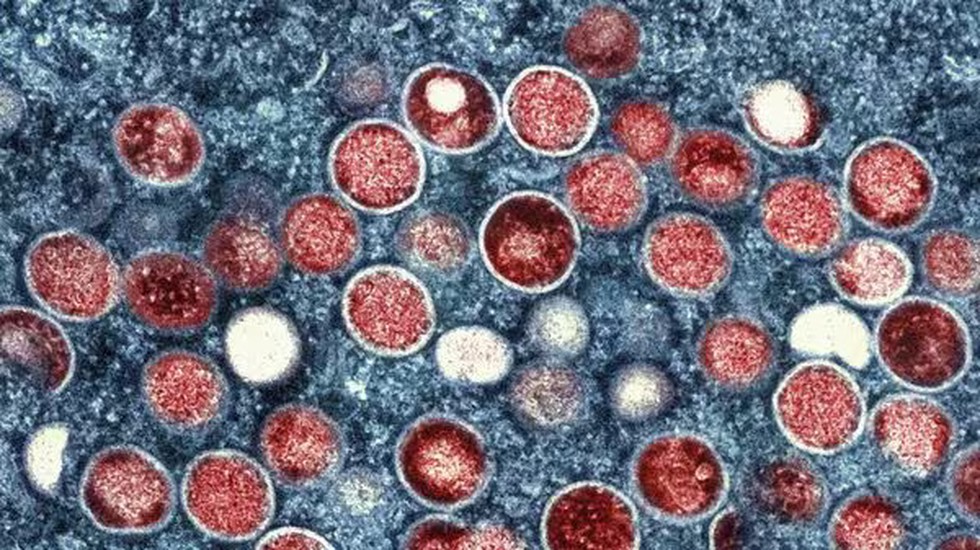About the Monkeypox:
- Mpox is a rare zoonotic viral disease caused by the Orthopoxvirus genus, related to smallpox.
- First identified in monkeys in 1958, the disease is named after them.
Structure:
- Virus composition: The Mpox virus features distinctive surface tubules and a dumbbell-shaped core.
- Genetic makeup: It is an enveloped virus with a double-stranded DNA genome, classified under the Orthopoxvirus genus in the Poxviridae family.
Variants of the Mpox Virus:
- Clade classification: The Mpox virus is categorized into two main types: Clade I and Clade II.
- Clade I: Known for a higher fatality rate of approximately 10%.
- Clade II (specifically Clade IIb): Responsible for the 2022-2023 outbreak, this variant is rarely fatal.
- Survival rate: Over 99% of individuals infected with Clade IIb are likely to survive.
- At-risk populations: Those with severely weakened immune systems and young children are at higher risk of serious illness or death.
- Symptoms: Symptoms include fever, body aches, and rash. The disease is typically self-limiting, but complications like pneumonia and eye issues can occur. It can be fatal, particularly in children and immunocompromised individuals.
- Transmission: Transmission occurs through direct contact with an infected animal's bodily fluids or lesions, or prolonged face-to-face contact with an infected person.
- Treatment: No specific treatment exists, but the smallpox vaccine (Vaccinia) shows 85% efficacy in preventing mpox.
- Current concerns:
- Clade Ib transmission: The spread of clade Ib, primarily through sexual contact, is alarming. This clade was previously not known for sexual transmission.
- Global spread: Over 15,600 cases and 537 deaths have been reported in 2024. Clade Ib's spread in non-endemic regions, like Sweden, raises concerns about further global transmission.
- Risk to India: India reported 27 cases and one death in 2022, with initial cases linked to international travel. The risk remains due to global travel and the new clade's transmissibility.
